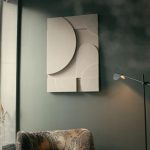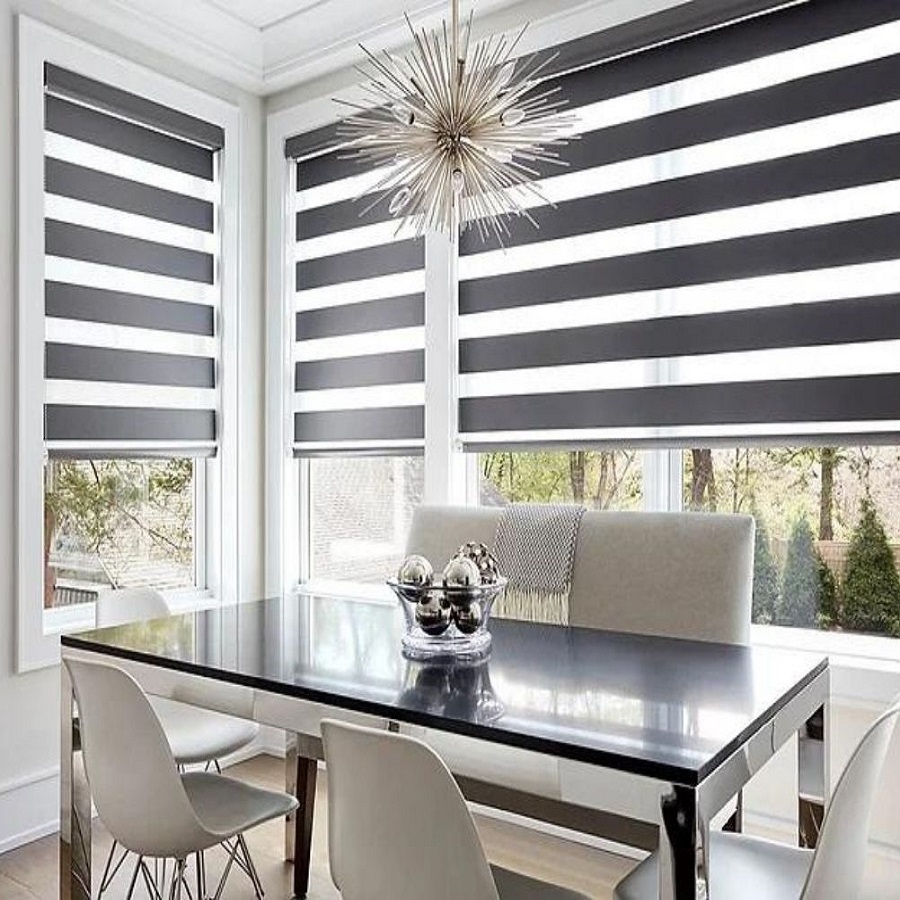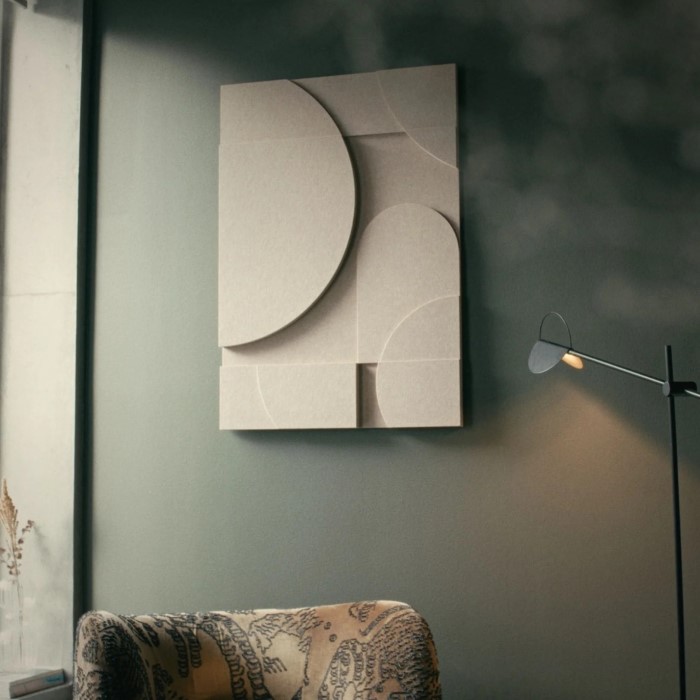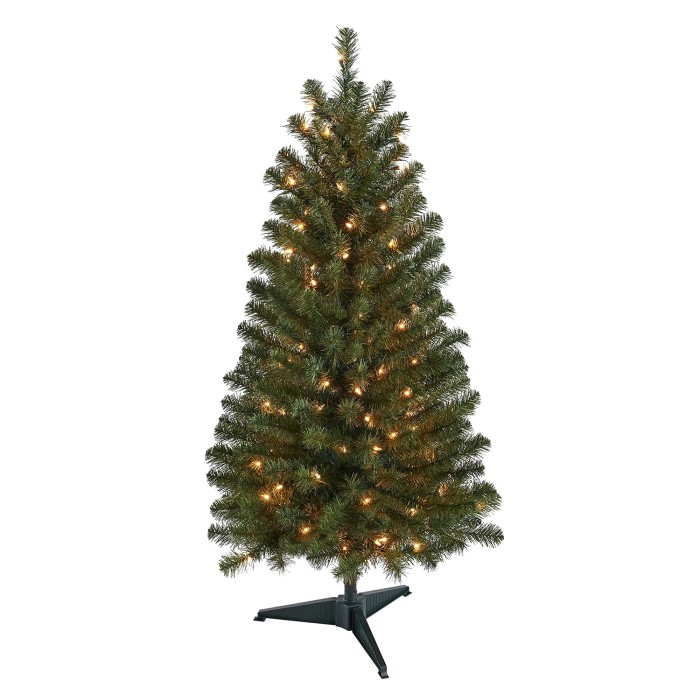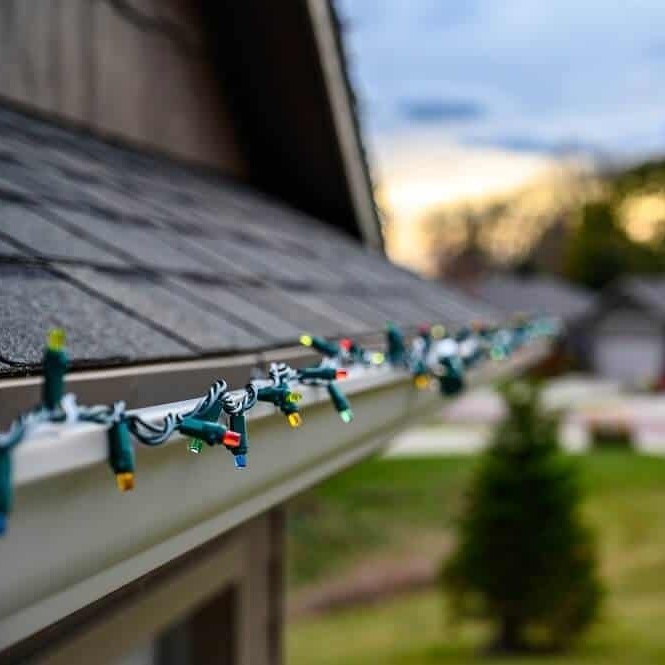Installing blinds in your home can significantly enhance both aesthetics and functionality. However, understanding the costs associated with blinds installation is crucial for homeowners looking to make informed decisions. This comprehensive guide will explore various factors influencing blinds installation costs, types of blinds available, and tips for budgeting your project effectively.
The Importance of Blinds in Home Design
Enhancing Aesthetics
Blinds are not just functional; they also play a vital role in the overall design of a room. The right blinds can complement your interior decor, adding color, texture, and style to your living spaces. Whether you prefer classic wooden blinds, sleek aluminum options, or soft fabric shades, the choices available can reflect your personal style while enhancing your home’s ambiance.
Improving Privacy and Light Control
One of the primary functions of blinds is to provide privacy and control over natural light. Depending on the type of blinds chosen, homeowners can easily adjust the amount of light entering a room. This feature is particularly important in bedrooms and bathrooms, where privacy is paramount. Understanding how various types of blinds function in terms of light filtering and privacy levels can help homeowners select the best options for their needs.
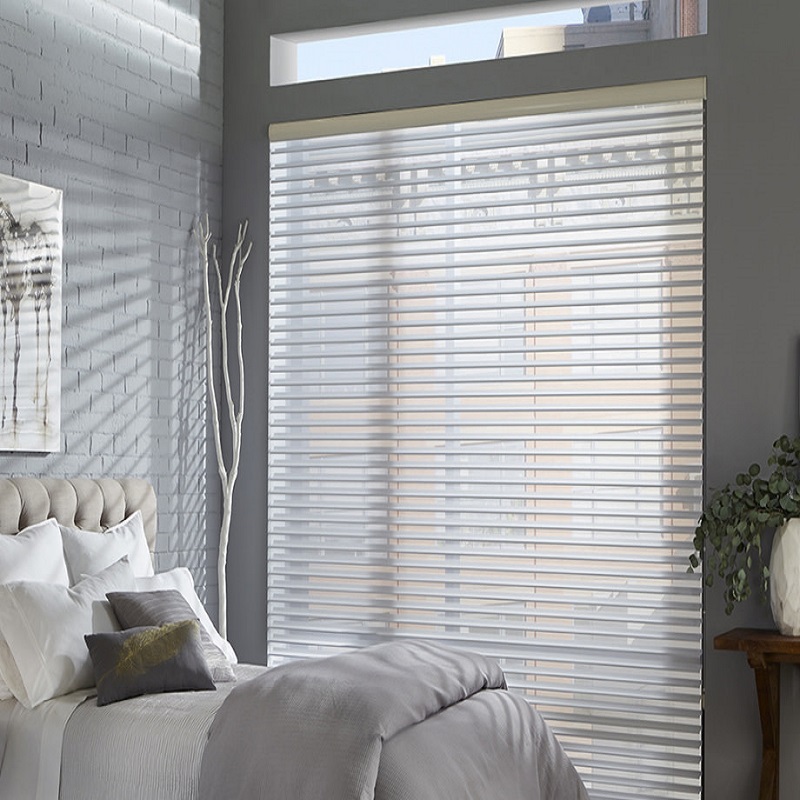
Factors Influencing Blinds Installation Costs
Material Choices
The material used for blinds is one of the most significant factors influencing installation costs. Common materials include wood, faux wood, vinyl, and fabric. Wooden blinds often come with a higher price tag due to their durability and aesthetic appeal, while faux wood and vinyl options can offer more budget-friendly alternatives without sacrificing style.
Cost Breakdown by Material
- Wooden Blinds: Generally range from $100 to $300 per window, depending on quality.
- Faux Wood Blinds: Typically cost between $50 and $150, making them an attractive option for budget-conscious homeowners.
- Vinyl Blinds: Usually the most affordable, with prices ranging from $30 to $100.
- Fabric Shades: Can vary widely based on the fabric quality, ranging from $50 to $400.
Understanding these cost variations can assist homeowners in making informed decisions that align with their budgets.
Size and Dimensions
The size and dimensions of your windows directly affect the cost of blinds installation. Larger windows may require custom-sized blinds, which typically incurs additional costs. Additionally, specialty shapes like arches or sliders may also increase the complexity and price of the installation.
Measuring for Accurate Pricing
To ensure accuracy, it’s essential to measure your windows correctly before purchasing blinds. Standard window sizes may have readily available options, but custom sizes will require additional time and money. This step is crucial in avoiding unnecessary expenses and ensuring a proper fit for optimum functionality.
Installation Complexity
The complexity of the installation process can significantly impact the overall cost. Simple installations, such as mounting blinds inside an existing window frame, may be relatively inexpensive. However, more complex installations, such as those requiring additional hardware or fixtures, may lead to higher labor costs.
DIY vs. Professional Installation
Homeowners have the option to install blinds themselves or hire professionals. DIY installations can save money, but they require some level of skill and confidence. On the other hand, hiring a professional installer ensures that the job is done correctly and efficiently, albeit at an added cost. Weighing the pros and cons of each option can help homeowners decide which approach is best for their situation.
Types of Blinds and Their Costs
Venetian Blinds
Venetian blinds are a popular choice known for their versatility and ease of use. Available in various materials, including wood and aluminum, these blinds consist of horizontal slats that can be tilted to control light and privacy.
Cost Considerations
Prices for Venetian blinds typically range from $50 to $200 per window, depending on the material and customization options. Wood options tend to be pricier, while aluminum varieties are often more affordable.
Roller Shades
Roller shades are another common option that provides a sleek, minimalist look. They are made from a single piece of fabric that rolls up and down, making them easy to operate.
Price Range
The cost of roller shades can vary widely, with prices ranging from $30 to $300 per window, depending on the fabric quality and any additional features, such as blackout options.
Roman Shades
Roman shades offer a soft, elegant appearance, creating a warm atmosphere in any room. They are made from fabric that folds into pleats when raised.
Cost Insights
Roman shades generally range from $50 to $400, depending on the fabric type and customization options. Higher-quality fabrics and intricate designs can drive up the cost significantly.
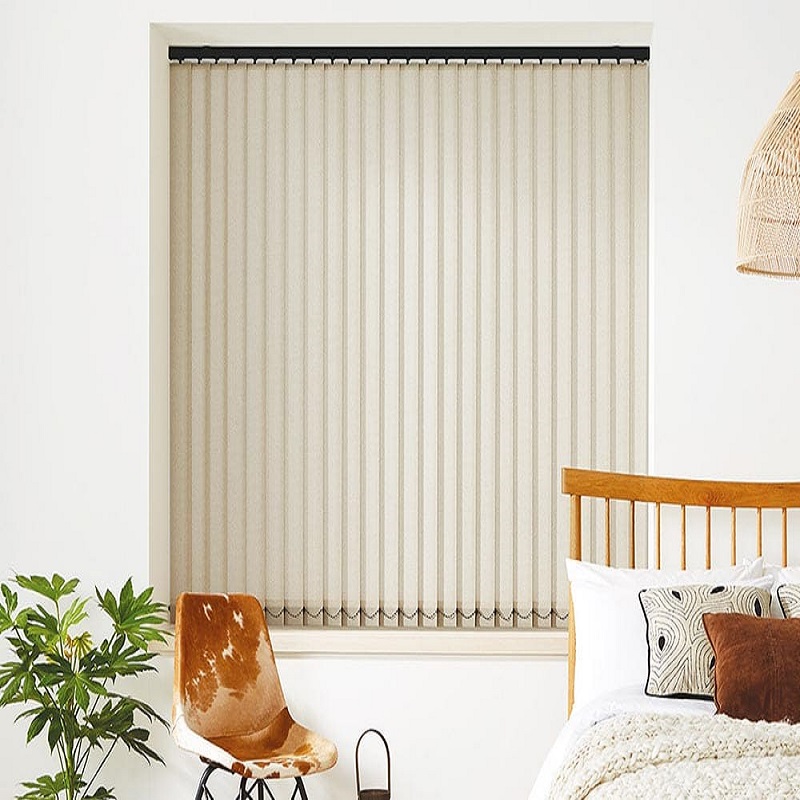
Vertical Blinds
Vertical blinds are often used for large windows or sliding glass doors. They consist of vertical slats that can be rotated to control light.
Budgeting for Vertical Blinds
Prices for vertical blinds typically range from $50 to $200, making them a practical choice for large openings. The material and style can influence the final cost.
Additional Costs to Consider
Hardware and Accessories
In addition to the blinds themselves, there are often additional costs for hardware and accessories. These may include brackets, mounting hardware, and decorative elements such as valances or cornices. Depending on the style chosen, these accessories can add anywhere from $10 to $100 or more to your total installation cost.
Maintenance and Care
While not a direct installation cost, the long-term maintenance of your blinds should also be factored into your budget. Different materials require varying levels of care; for example, wooden blinds may need periodic refinishing, while vinyl options can be simply wiped clean.
Cleaning Costs
Some homeowners may also choose to hire professional cleaning services for their blinds, especially if they are made from delicate materials. This can add to the overall expense, so it’s worth considering regular maintenance as part of your budgeting process.
Budgeting for Blinds Installation
Setting a Realistic Budget
Before embarking on a blinds installation project, setting a realistic budget is crucial. Start by determining how much you can afford to spend and then research the various types of blinds and installation options that fit within that range.
Prioritizing Needs vs. Wants
When budgeting, clearly distinguish between essential needs and desired features. For instance, while premium materials and motorized options may be appealing, they may not be necessary for every homeowner. Prioritizing your needs can help you allocate funds more effectively.
Researching Prices
Take the time to research different retailers and manufacturers to compare prices. Online resources can provide valuable insights into average costs, enabling you to make informed decisions about where to purchase your blinds. Many retailers also offer seasonal sales or discounts that can further help you save money.
Getting Quotes from Professionals
If you plan to hire a professional for installation, obtain quotes from multiple contractors. This process allows you to compare labor costs and find a reputable installer who fits your budget. Be sure to ask about warranties or guarantees on their work to ensure peace of mind.
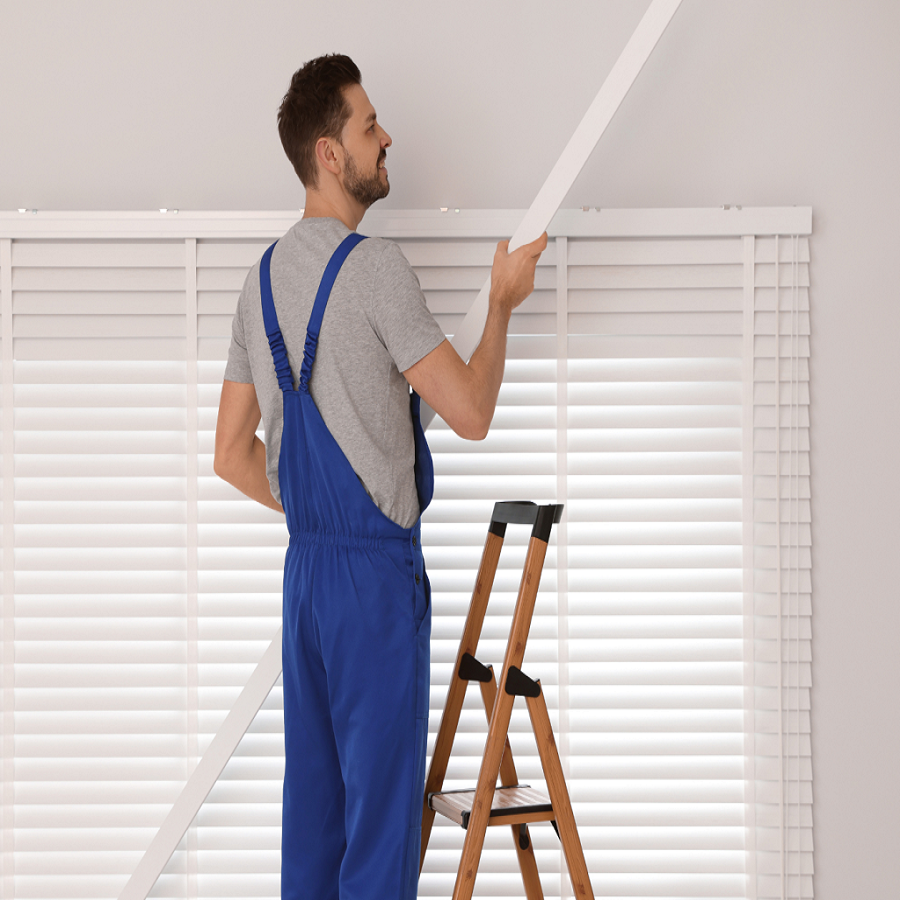
Conclusion: Making Informed Decisions
Evaluating Your Options
Understanding blinds installation costs is essential for homeowners looking to enhance their living spaces. By considering factors such as material choices, window sizes, installation complexity, and additional costs, you can make informed decisions that align with your budget and aesthetic preferences.
Enjoying Your Investment
Once you’ve successfully installed your blinds, take the time to enjoy the improvements they bring to your home. With the right selection and installation, blinds can elevate your interiors, providing both functionality and style for years to come. Whether you opt for a DIY approach or hire a professional, being well-informed will ultimately result in a satisfying investment in your home’s design.


